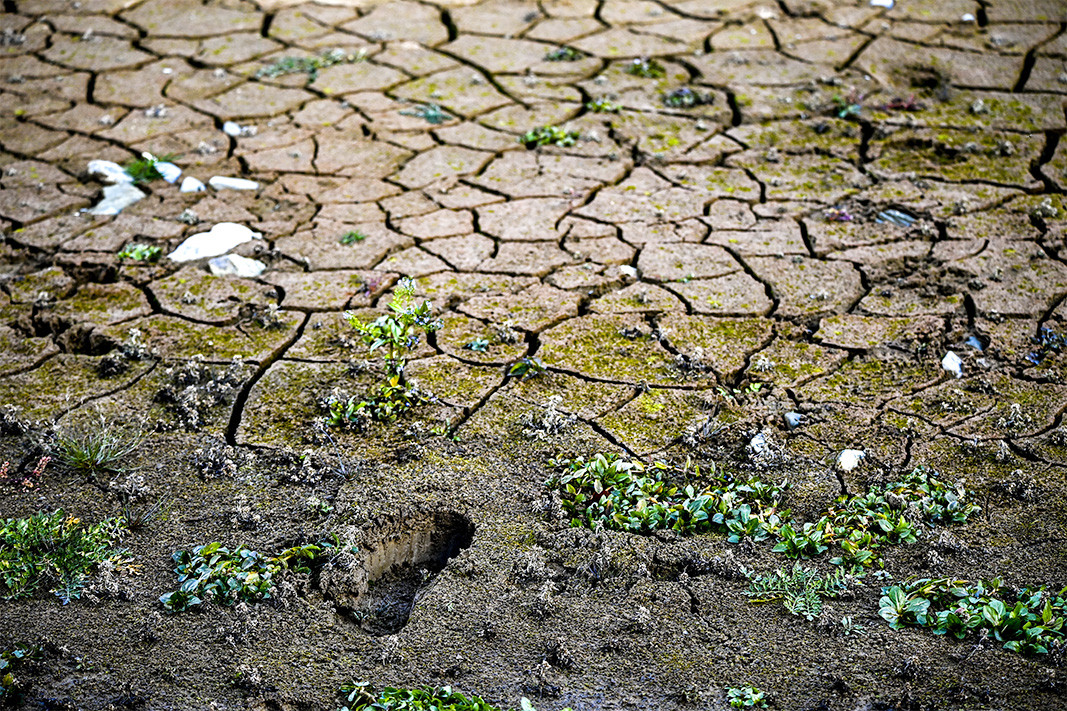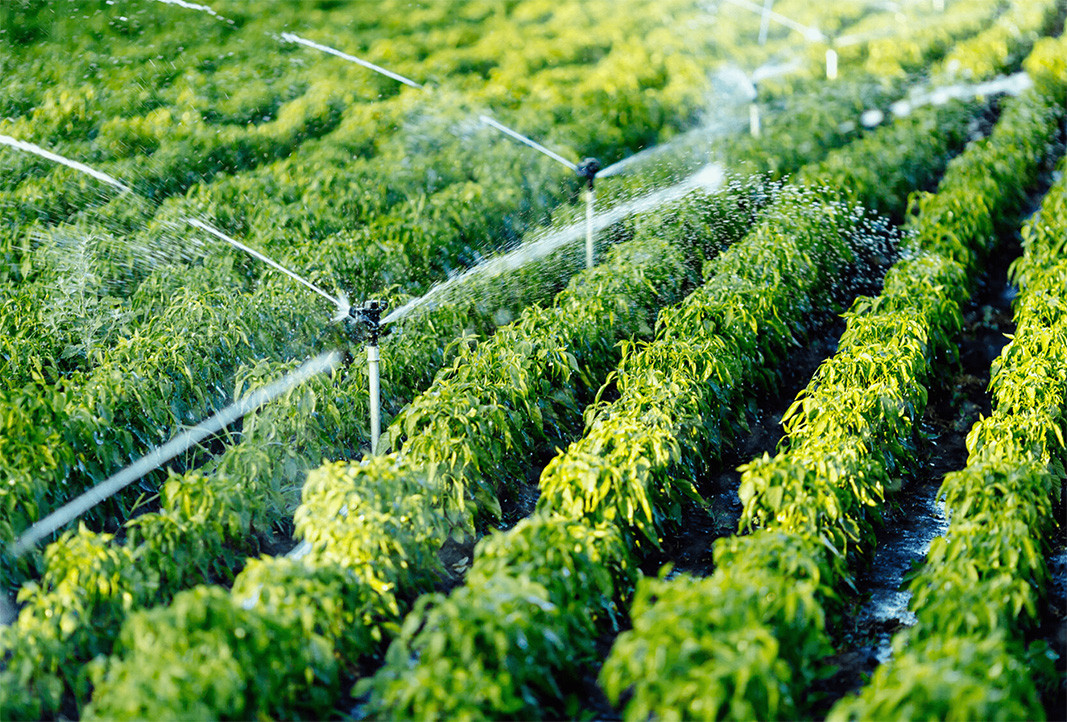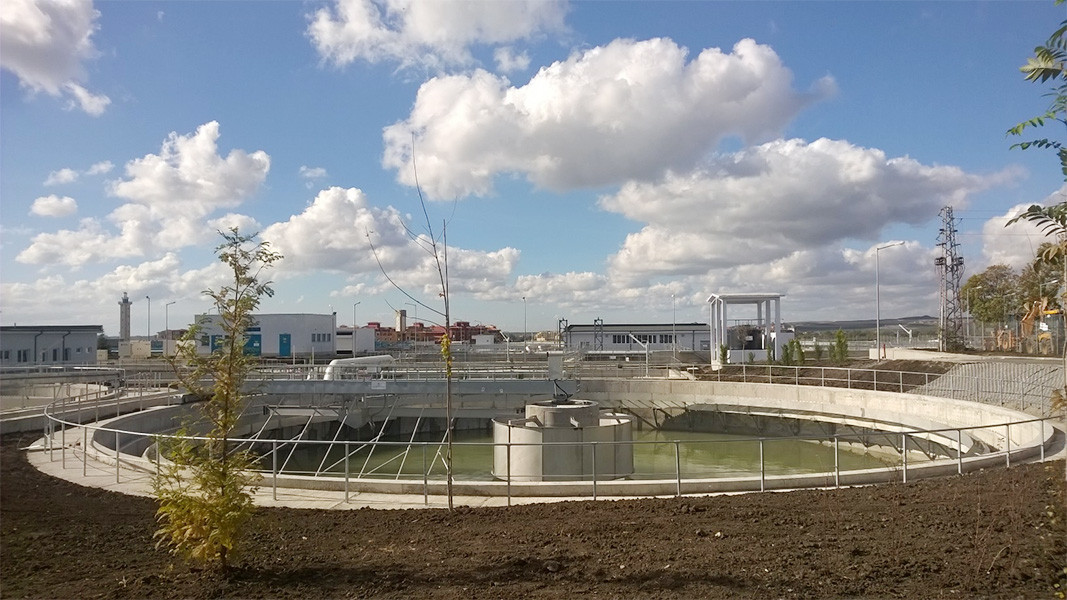Over the next 30 years the demand for water in the world is going to increase by 50%, experts calculate. At the same time around 70% of fresh water consumption is in agriculture. To develop our economy adequately we need to constantly adapt it to the changes taking place in the world, including climate change which is generating more and more challenges. According to climatologist Simeon Matev from the Climateka website “every decade after the 1980s has been warmer than the previous one.”

The situation in Bulgaria is no different.
“Tendencies in recent years have shown an increase in heavy rainfall and longer periods of drought, and this is a clear indication that we need adequate water resource management,” Petar Filkov, Dean of the Faculty of Hydraulic Engineering of the University of Architecture, Civil Engineering and Geodesy says for the BNR’s Horizont channel.

Water reuse is one of the ways to combat agricultural drought. But while in Bulgaria it is an idea with an exotic ring to it, policies in other countries have demonstrated that it is an opportunity that must not be missed. In Israel, for example, more than 40% of the water for agriculture comes from wastewater, Stefan Shilev, lecturer at the Agricultural University in Plovdiv, head of the European Reclaimed Water for Agricultural Irrigation Systems research project said for the BNR’s Horizont channel.
But there are examples of the use of “recycled” water in this country as well, though they are rooted in the personal interest of entrepreneurs, Stefan Shilev explains.

“There are such examples, mostly in rose production. The water, after steam distillation, is reused for irrigating the rose plantations. There is no point in discharging the water into the river if it can be used for irrigation, instead of the farmer having to draw this same water from the river,” Stefan Shilev says. In his words to turn the exception into a rule it will take legislative changes and money. At this time there is no option in Bulgaria – legally and technologically – to use water from purification stations to irrigate farmland. The expert explains that there are some specific requirements that have to be observed in water reuse:

“The European regulation says: the highest standard of water purification is needed for the crops that are consumed raw. Water of the lowest quality is used for technical crops.”
The European regulation which sets down the minimum requirements for reused water for agricultural irrigation comes into effect in two years’ time.
“Until that time we need to develop models to stimulate all interested parties along the line – mainly farmers and companies working in wastewater treatment,” Stefan Shilev says. Such stimuli could include lower fees for issuing permits for reused water use, as well as assistance to companies for the treatment of water for use in agriculture.

Some assistance measures in agriculture could also be targeted at alternative water sources. Drawing on the expertise of other countries in this sphere will help us build more adequate policies in this sphere that will work.
Interviews: Horizont channel
Editing by Miglena Ivanova
Translated from the Bulgarian by Milena Daynova
Photos: BGNES, ec.europa.eu, suwanu-europe.eu and archive
With more 40 thousand archaeological sites and artifacts, Bulgaria is a true open-air museum. In terms of the number of finds, this country ranks third in the world after Italy and Greece. From the Neolithic, eight millennia ago, to..
NATO tests new 'no U.S.' mission model in Balkans NATO is testing its ability to deploy rapidly across Eastern Europe - without direct US support - as Washington shifts its approach to European defence and the war in Ukraine, the Associated Press..
Love blooms with renewed vigour every year on 14 February! Valentine's Day is increasingly being celebrated in Bulgaria as a holiday that inspires lovers to share beautiful moments together. Traditions include the exchange of cards, gifts and romantic..
Easter 2020 went down in history with two things. The first was the state of emergency, introduced due to the Covid-19 pandemic that..
152 years after the death of the Apostle of Freedom, the personality of Vasil Levski continues to excite Bulgarians, regardless of whether they are in the..

+359 2 9336 661
